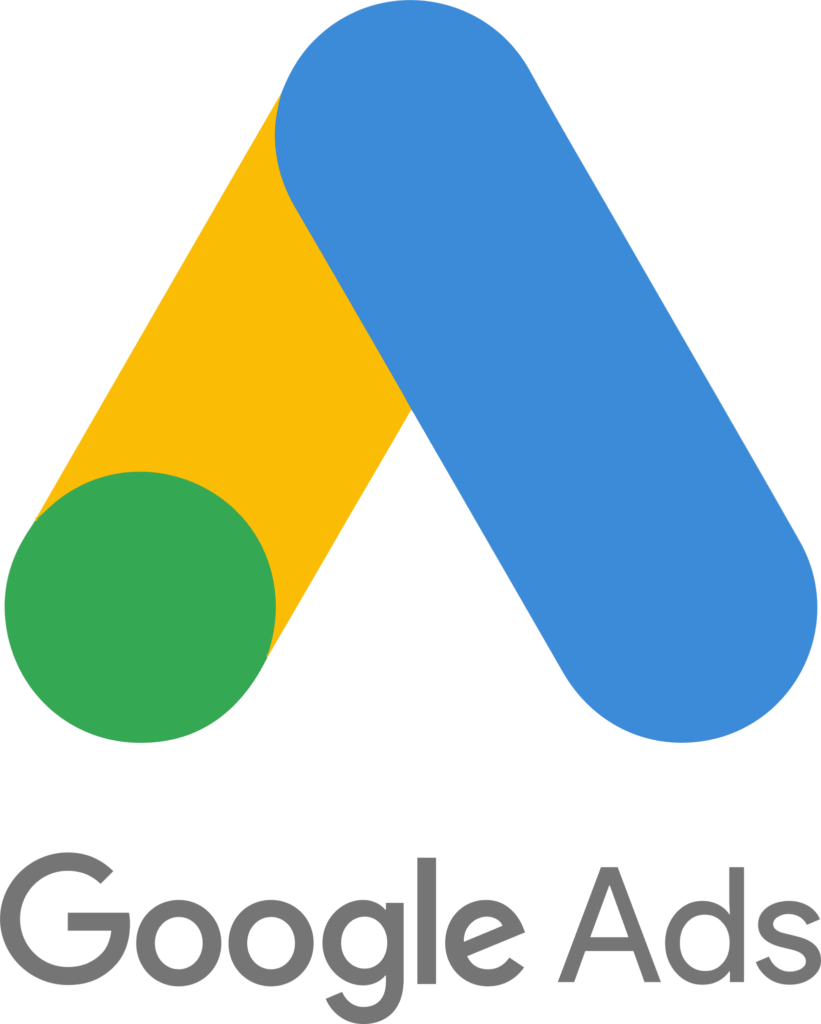What is PPC? And Will it Help my Business?
Published 6th Jun 2022 | By Georgia Little
Est. reading time: 4 mins read
When clients approach us at Citizen and say they want to try some PPC, they generally mean they want some paid search advertising on Google.
Paid search adverts should be familiar to anyone who spends any amount of time online. These are the search results that appear at the top of any search engine results page (SERP), handily marked with a little ad symbol.
However, there are many types of online advertising that also use the PPC model.

Pay-per-click (PPC)
PPC stands for pay-per-click, and simply means that advertisers pay a small fee every time their online advert is clicked by a user. Pay-per-click advertising is a quick way to get traffic to a website, as you can get a campaign running in a relatively short space.
This is in contrast to any SEO marketing which can take a much longer time to see any results.
Whatever your marketing objectives, there will be a relevant platform and campaign type to help. PPC campaigns can be created for:
- Brand awareness and increasing reach
- Driving website visits
- Lead generation
- Sales (eCommerce)
- Product and brand consideration
- App promotion
- Local store visits
- Remarketing/retargeting

Thanks to the Google Ads platform all of these objectives can be met using one system. Google Ads is the most popular PPC advertising system in the world. The platform allows businesses to create adverts for their products and services that appear on Google’s search engine results pages and other Google properties, such as Gmail, and YouTube.
There are many different advert types that can be used on Google Ads, from the standard text adverts for paid search to video adverts to appear on Google’s Display Network or YouTube, but more about that later.
Paid Search Advertising
Paid search of search engine advertising is still one of the most popular types of PPC advertising. Paid search uses text based adverts, that appear in search engine results pages.
To get their adverts to appear in the sponsored links sections at the top of SERPs, advertisers enter into an auction, bidding on the keywords that they think match potential customers’ search queries. However, appearing in the top position is a little more tricky to achieve than just bidding the highest.
Google begins by evaluating each advert and the landing page it sends the user to, it does this using three metrics:
- Landing page experience – Relevant and original content, ease of navigation, transparency about the advertiser’s business
- Relevance to keyword – Landing page and ad copy relevant to the search keyword
- Expected CTR (click-through rate) how likely is the advert to be clicked
These metrics are combined to produce a Quality Score. The Quality Score is multiplied by the maximum bid the advertiser is prepared to spend on each click, which gives the Ad Rank. The advertisers with the highest Ad Rank are the ones who get their adverts shown.
Quality Scores also determine how much an advertiser will pay for each click. The better the Quality Score the lower the cost.
Any marketers considering a lead generation, sales or website traffic campaign should consider using paid search.
Display Advertising
Display advertising works differently from paid search, however, it still uses a PPC model. Display ads, unlike search adverts, appear on websites that are part of Google’s Display Network, or social media platforms.
There are a few different types of display adverts, these include:
- Responsive image ads
- Retargeting (or remarketing) ads
- Native ads
- Social ads
The adverts, sometimes known as banner ads, can take a number of different sizes and appear in a variety of placements on websites. The ad placement will be dependent on the ad format used. Display ads can be static with an image or animated with multiple images, videos, or changing text (also known as rich media ads).
Another major difference between paid search and display advertising is the targeting. Paid search uses keywords to target users, whereas display adverts target users based on online behaviour.
Google and the social media platforms allow advertisers to target potential customers based on a number of factors, including:
- Location
- Interests and hobbies
- Purchasing history
- Job title
- Education level

The targeting for display campaigns can be really specific, however, unlike with paid search, the user is not generally visiting the website where the advert is shown looking to buy something. For this reason, display adverts tend to have a far lower click-through rate than paid search ads.
Remarketing or Retargeting
Remarketing allows advertisers to show adverts to users that have interacted with their website. These provide the opportunity to revisit users that have viewed certain pages on a site or looked at different products and not made a purchase. These custom audiences can be used on social media platforms and within Google ads.
Remarketing is good for campaigns promoting brand awareness, product consideration and website traffic.
So do I need to be using PPC?
Well, that depends on your objectives and more importantly your budget. Running the perfect PPC campaign can take a lot of time – and unless you know what you are doing – it is easy to blow your budget and get no return on investment.
It is relatively easy to set up a PPC campaign but to make sure you are reaching the correct people a lot of preparation is needed.
Keyword research is time consuming, but essential to make sure you are targeting the right search terms for your campaign. The same goes for creating the perfect audience for display and social media advertising. However, if it’s done correctly the rewards can be great.
At Citizen, we have Google certified experts who can set up and run any PPC campaigns that you require for your business objectives. If you would like to find out more about how we can help you, then get in touch today.
Related Posts

3 mins read
10 Reasons Why a Digital Agency Might Be Your Secret Weapon
In-house vs Agency In today’s competitive landscape, a strong marketing strategy is no longer a luxury—it’s a necessity. But building an effective in-house marketing team can be a costly and...

3 mins read
What is ChatGPT?
In recent weeks Social Media channels have been awash with talk of the new Artificial Intelligence (AI) that will make all marketing professionals redundant – ChatGPT. So what exactly is...

4 mins read
Marketing in a Recession
Top Tips to Save You Money AND Promote Your Business You’ve survived the pandemic, you fought hard to get back on track, sales were on the up … but along...
Connect with us …





